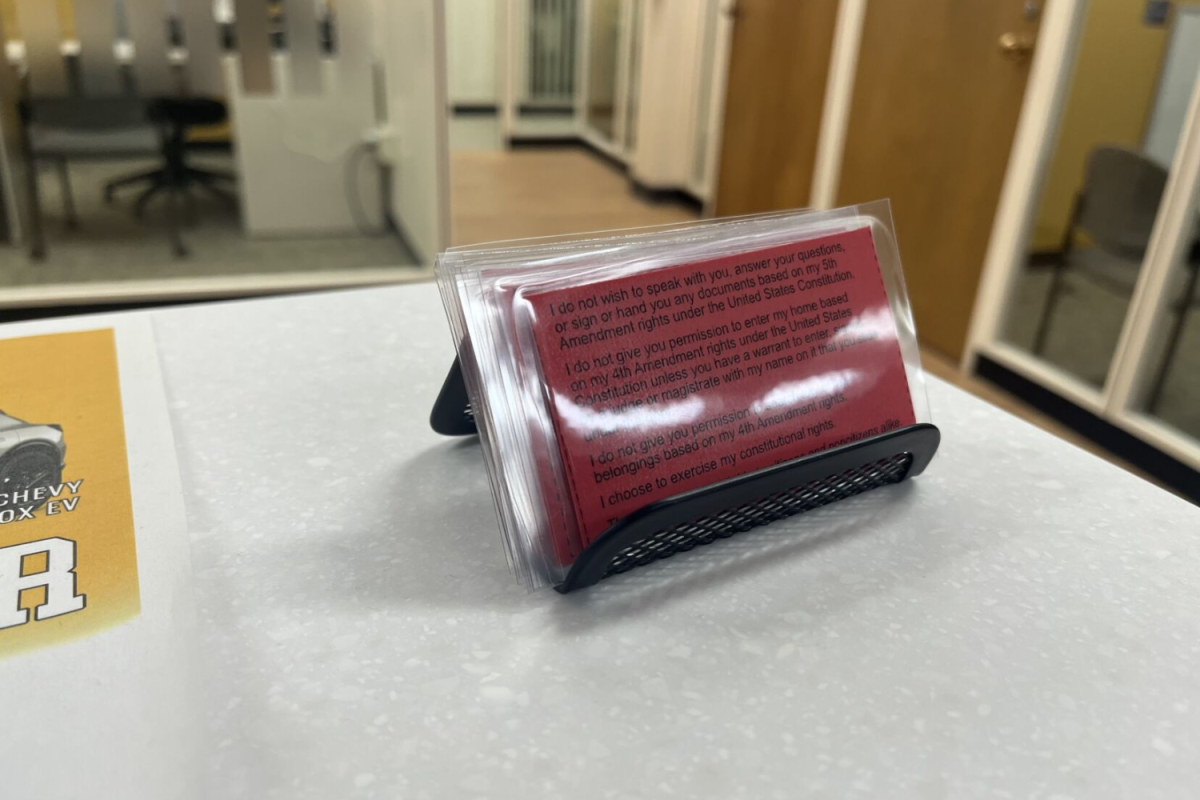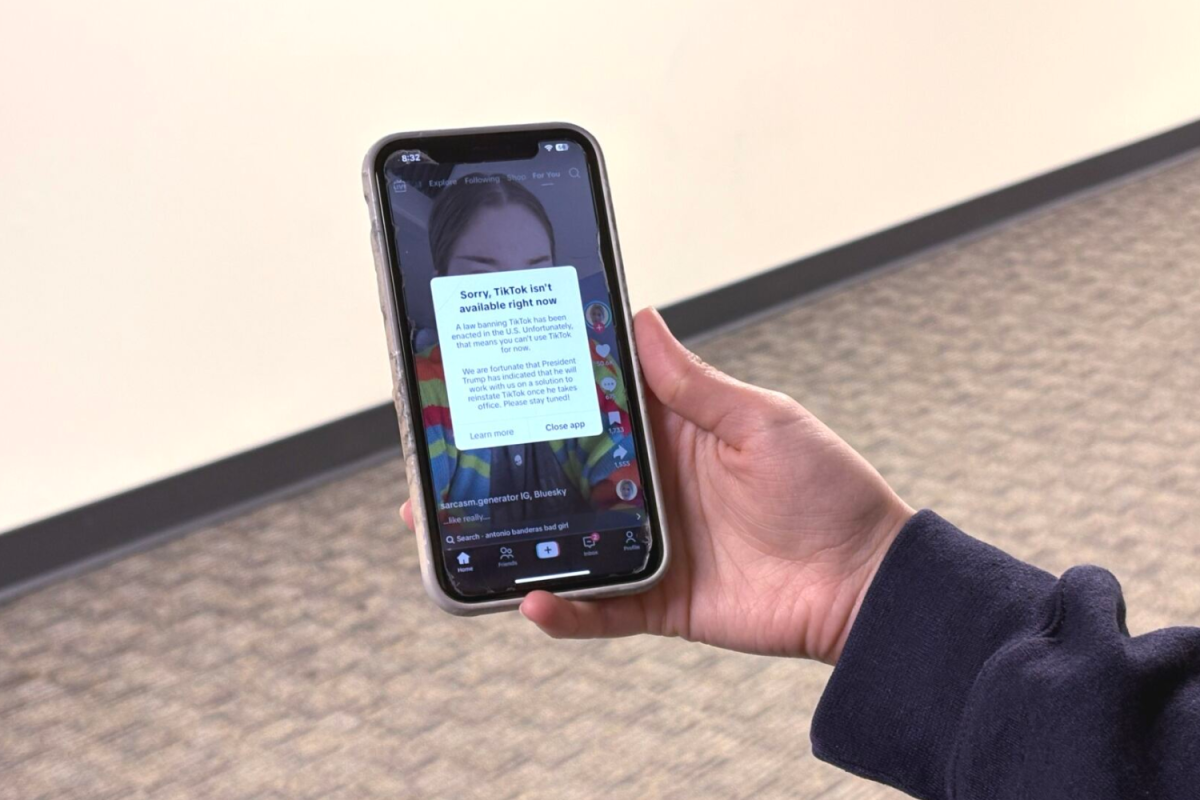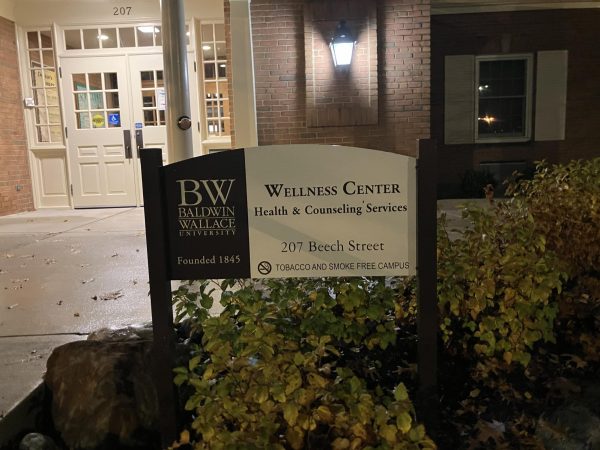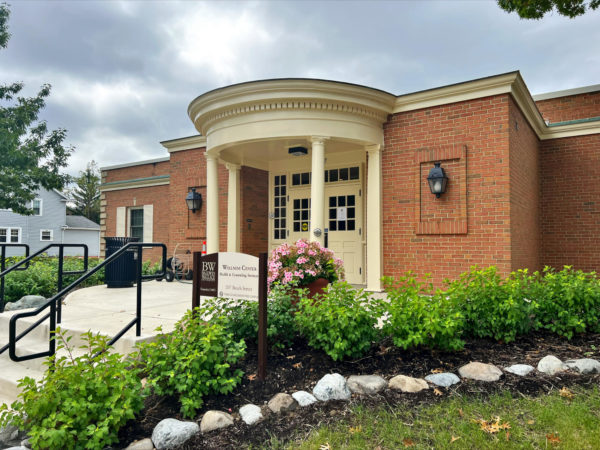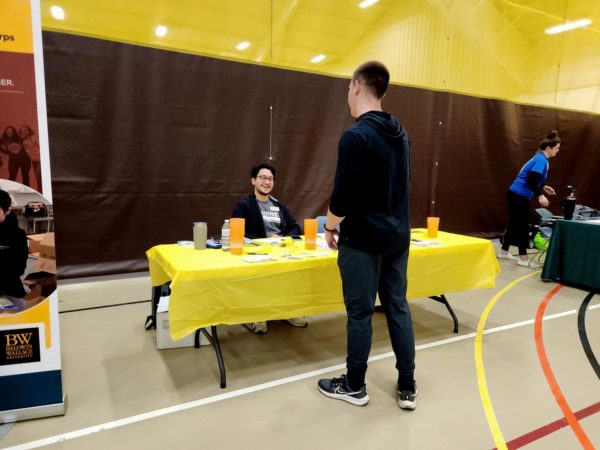Following Supreme Court decision overruling Roe, no changes to University policies
Health Center services remain available, though local clinics to which Health Center staff often refer students are limited in their ability to provide services.
The Baldwin Wallace University administration will not be implementing any institutional changes on campus in response to the Supreme Court’s decision in Dobbs v. Jackson Women’s Health Organization that removed the constitutional right to abortion and overruled the precedent set by Roe v. Wade.
“As of now, nothing will change on campus,” said Lizzie Cole, student body president. “Students can still get their birth control and contraceptive pills from the health center.”
Cole said students and faculty members should continue to pay attention to the policy changes legislators release in each state.
In an email to The Exponent, Shawn Salamone, director of public information, confirmed that BW has made no changes to their health care coverage.
Across the country, many other colleges and universities were spurred into action following the fall of Roe. Some universities, like the University of Michigan, released official statements affirming students’ access to reproductive health services and increased access to sexual education resources.
Lauren Bara, director of Health Services on campus, works in the BW Health Center and sees patients for sexual health, including birth control and pregnancy testing. Throughout her career, she has helped many students with unplanned pregnancies and has seen a decrease in these cases on campus.
Bara said she’s always encouraged patients to make wise birth control decisions but now regularly mentions to students that unplanned pregnancies are harder to deal with in the wake of the Dobbs decision and Ohio’s recently-passed “Heartbeat Law,” which bans abortions as early as six weeks into a pregnancy. Local clinics that she typically recommended for abortions, such as Preterm in Cleveland, are now more limited in their ability to provide these services.
The administration will not make any changes in the Health Center, but Bara said she hopes people on campus will pay attention to the decision.
Bara said BW must be an environment open to difficult and potentially controversial dialogues.
“Knowledge, conversation, and discussion are key,” Bara said. “People need to be talking about things, sharing their viewpoints, being aware about what is true and isn’t true about decisions.” She recommended that students anxious about the decision seek out mental health support.
Some students think BW should take a stronger stand on this issue and do more to help students access abortions. Sophomore psychology student Sarah Pounder said she thinks the university’s lack of direct response to Ohio’s restrictive abortion laws will impact prospective students’ decision to come to BW.
Pounder believed BW should help students access abortions outside of Ohio or hold seminars to educate students about unprotected sex and its consequences. She said BW could be doing more to work with other colleges and create an impact in the state.
“It is hard to think that your voice matters in a big state,” Pounder said. “At BW, your voice should matter because you are paying to get your education here, and we preach that you are not just a name on a roster.”
Pounder will lead an alternative break trip through the brain center, focusing on women empowerment. The trip will be outside of Ohio, but she hopes to work with a program in Cleveland to implement what they learned at BW.
The Exponent is looking for financial contributions to support our staff and our newsroom in producing high-quality, well-reported and accurate journalism. Thank you for taking the time to consider supporting our student journalists.




